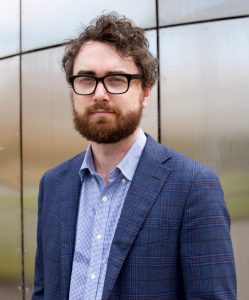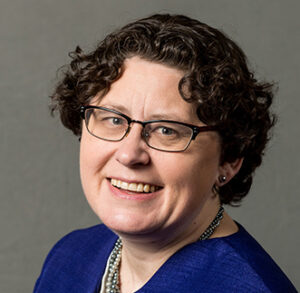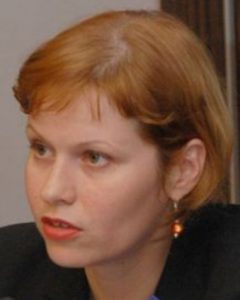Post-Liberal Religious Liberty: Forming Communities of Charity
 Joel Harrison is the author of the recently published Post Liberal Religious Liberty: Forming Communities of Charity (Cambridge University Press, 2020). He is Senior Lecturer in Law at Sydney Law School, University of Sydney. The following is an edited version of a conversation with David Taylor at The Eucatastrophe.
Joel Harrison is the author of the recently published Post Liberal Religious Liberty: Forming Communities of Charity (Cambridge University Press, 2020). He is Senior Lecturer in Law at Sydney Law School, University of Sydney. The following is an edited version of a conversation with David Taylor at The Eucatastrophe.
DT: Your account of the purpose of religious liberty begins provocatively: “Religious liberty protects the quest for true religion.” What do you mean by “true religion” and how does this differ from the typical use of “religion” in religious liberty discussion?
JH: By true religion, I mean a religious quest to rightly order our lives towards God. Finding out the truth of religion—what it consists of, what is its end—matters. Augustine writes of “right flowing from the source of rightness.” He means forming a community that lives well together, in light of the epiphany of God. True religion then concerns not simply the individual, but the shape of the political community and the role of political authority in furthering the common good. I argue that religious liberty consequently means civil authorities protecting and encouraging this quest. Ultimately, it concerns protecting the free creation of communities of solidarity, fraternity, and charity—the love of God and neighbor.


